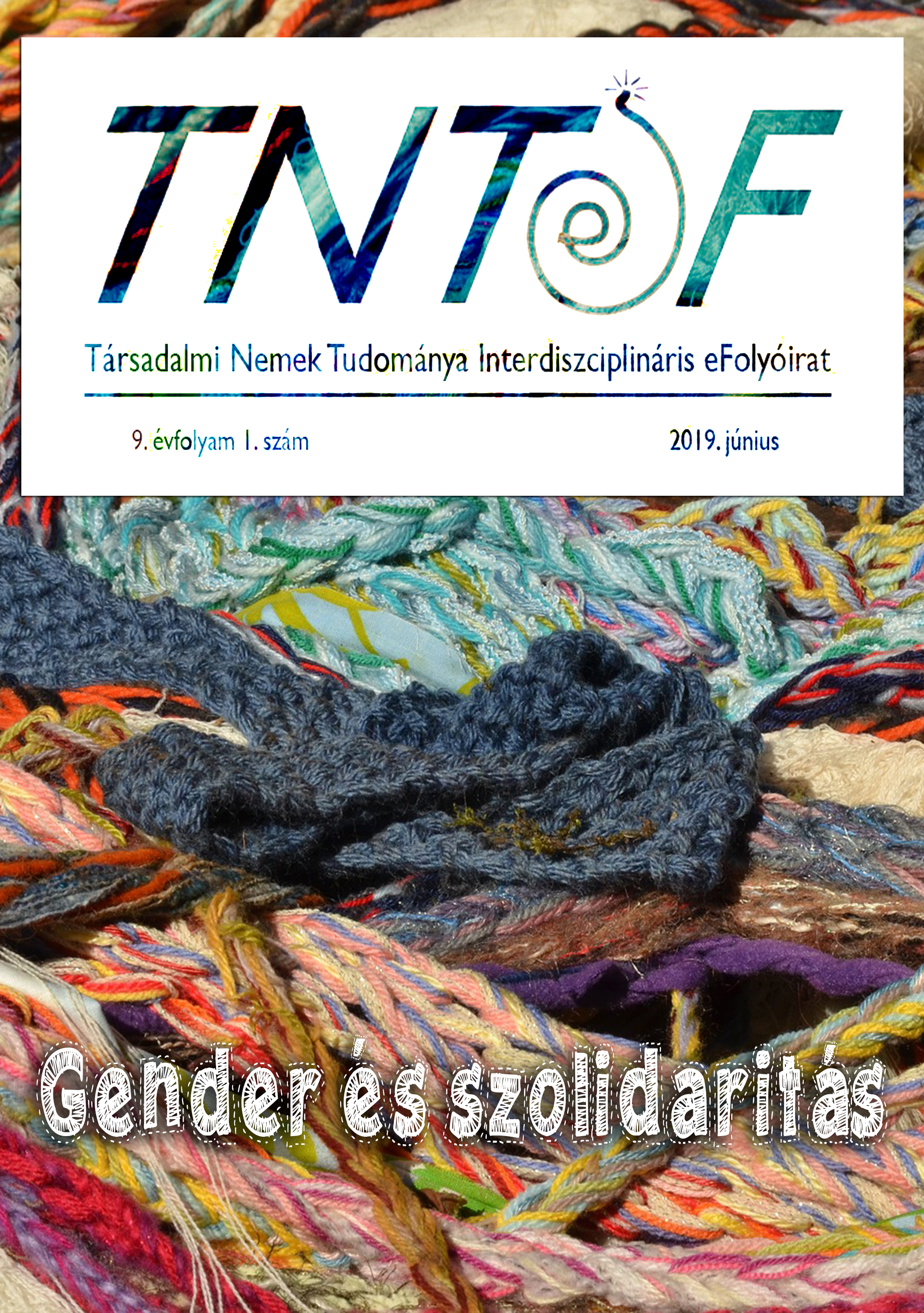Men(women) in dark times: Butler’s turn to Arendt
Main Article Content
Abstract
Before I turn to Butler and Arendt, I propose a working definition for the contested concept of solidarity. It is an attitude of active commitment to increasing social justice based on our co-dependency. To demonstrate the proximity of Butler and Arendt’s thoughts, I analyze short essays by both authors: Precarious Life, Vulnerability, and the Ethics of Cohabitation by Butler and Men in Dark Times by Arendt. The questions I explore are the following: What kind of foundation do we have for the necessity of the demand for moral and political solidarity? I shall argue that, based on these grounds, the consequences are to take up moral and political reponsibility for action in traditional and new forms — both individually and collectively through demonstations and NGO activities. I emphasize the liberty of autonomous thinking that is made possible through sharing a dispossessed group’s identity as Jews or women, collective identity positions shared by the two philosophers themselves personally.

